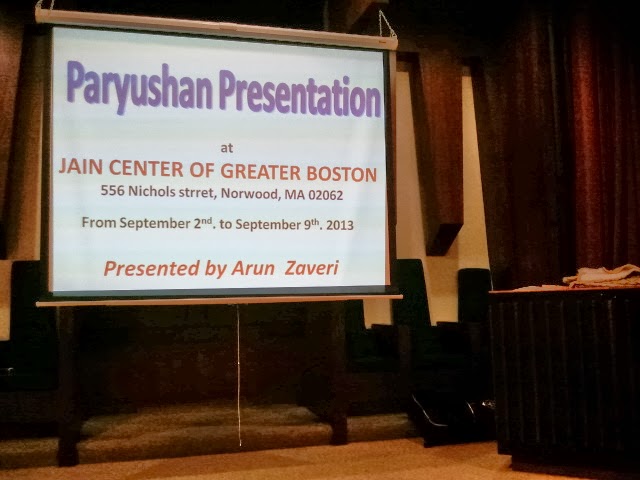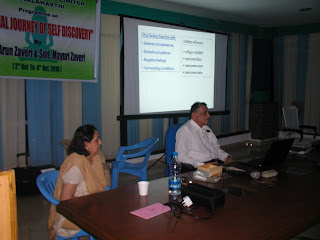World Health Organization (WHO)
defines health as a state of complete physical, mental (emotional),
and social well being and not merely the absence of disease or
infirmity.
While genetics plays an
important role in diseases, loss of comprehensive health in individuals or even
whole societies is often due to psychosomatic factors. It is a well known fact,
that prolonged mental,
physical, and environmental stress experienced by people living in urban areas
either lead to or exacerbate many debilitating emotional tensions such as
mental anxiety, intolerance, irritability, irrational fears and anger.

These negative traits
eventually cause dangerous psychosomatic diseases including depression,
diabetes, heart disease, hypertension, neuro-dermatitis, insomnia, chronic
fatigue, and arthritis, just to name a few. Stress and tension even prompt some people to
resort to substance abuse (smoking, drinking, etc.), which further worsens the
health problems and even cause certain cancers. It is estimated that more than ninety percent of
the incidences of these diseases in urban areas today may be attributed to
stress and emotional tensions.
It is a known fact that
drugs and medicines merely treat the symptoms, but never really “cure”
psychosomatic diseases. Moreover, drugs and medicines invariably produce
“side-effects” and “after-effects,” which are often as or more serious than the
primary disease itself. Sadly, a person afflicted with one or more of these
psychosomatic diseases gradually loses his or her physical, mental, and social
well-being, and eventually gives up the hope of ever living a normal, healthy
life again.
Holistic Approach:
The true path to better
living should not only include proper nutrition, clean air, and physical
exercise, but also prevention and elimination of the very roots of
psychosomatic diseases – stress and emotional tensions.
Scientific Meditation is a tool that helps
relieve and reduce the effects of physical and mental stress and eliminate
emotional tensions and disorders by enhancing emotional maturity.
How does the technique
work?
In this technique, the
practitioner carefully observes the subtle aspects of one’s own self by direct
perception, and produces desirable changes/effects via contemplation,
visualization and auto-suggestions.
Medical research has
revealed that emotional state of a person is directly connected with the health
of his or her neuro-endocrine system. Emotional tensions can disrupt the
complex and delicate balance of numerous hormones secreted by the different
endocrine glands in the body, which ultimately cause various physical and
mental diseases.
Scientific Meditation works
by gradually leading the practitioner to experience deeper levels of his / her
consciousness and remove stress and emotional tensions hidden in the
subconscious mind. It enhances emotional maturity and harmonizes the
neuro-endocrine secretions which represent the emotions, urges, and feelings,
and thereby cure psychosomatic diseases.
Who can practice Scientific
Meditation?
Scientific Meditation is not a religion. It is
for all, irrespective of a person’s religious beliefs. Anyone can easily learn
and practice Scientific Meditation. Thousands of people around the world, of
all ages, cultures, religions, and educational backgrounds, have benefited from
it.
What are the benefits of
Scientific Meditation?
Scientific Meditation is a
technique for improving comprehensive health and integrated personality
development. Benefits of regular practice include:
 • Enhanced emotional maturity
• Enhanced emotional maturity
• Increased self-confidence and will power
• Physical and mental stress relief
• Elimination of harmful urges and habits (smoking,
drinking, etc.)
• Control over obesity and eating disorders
• Reversal of psychosomatic diseases
• Strengthened immune system and increased vitality
• Removal of irrational fears and phobias
• Improve family and social relationships
• Inner peace
Professionals and Students
can also use Scientific Meditation to:
• Improve concentration, intuition, memory, and
learning ability
• Enhance creative and artistic skills
• Increase operational efficiency
• Achieve personal and professional goals


.JPG)
.JPG)



